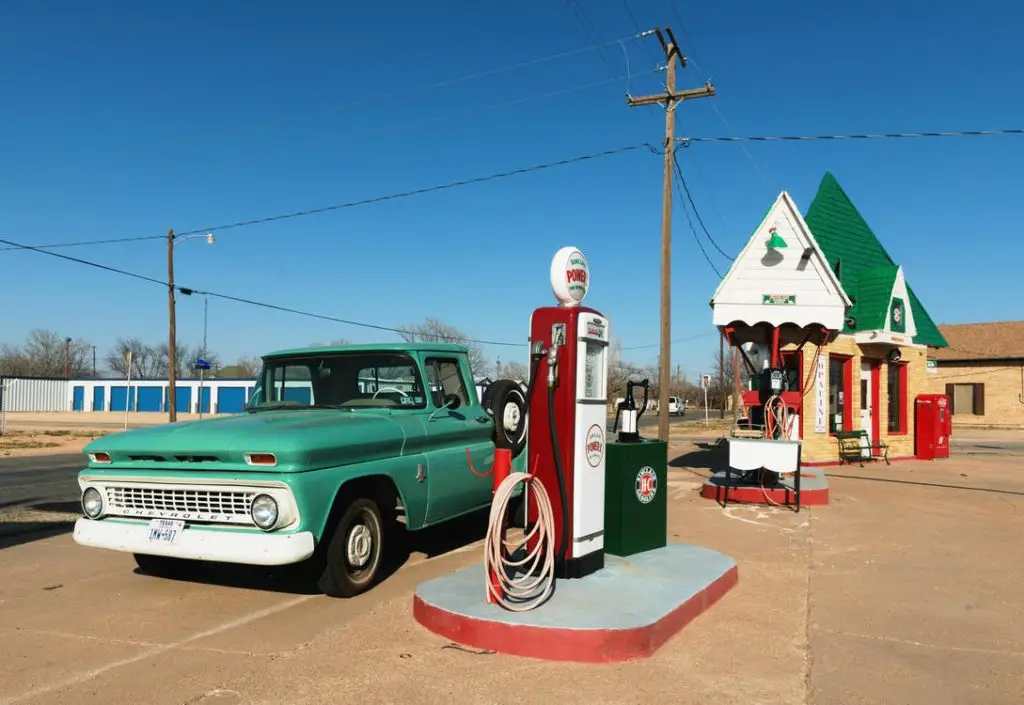Gas is most likely the most significant expense a car owner has to deal with regularly.Unfortunately, people are spending more at the pump than they have in the past, making them question how they may save as much as possible. Is Premium Gas Worth It-Learn More About It.

At a gas station, there are generally a few different fuel grades. The most prevalent are regular, mid-grade, and premium, with a broad range of pricing. Knowing if premium petrol is worth being purchased for more money will assist you in making the best decisions at the gas station.
Is Premium Gas a Good Investment?
Yes, Premium gas is worth being bought for more money because it has a higher octane rating which means it can withstand more compression and is less likely to explode prematurely. However, it should only be used in vehicles with high compression ratio engines to reap its full benefits.
If my car recommends premium gasoline; can I use regular gas?
Yes, to put it briefly. Even though your car specifies premium gasoline, you may use ordinary octane petrol. Because modern automobile engines contain detectors designed to detect the octane of the gas you’re using and modify the engine’s efficiency appropriately, this is the case.
Lower-octane gas might cause your engine to knock more frequently. Even so, when premium gas is advised, regular gas will not harm your engine. Remember that premium gasoline gives some vehicles a minor boost in horsepower.
You are, however, free to use standard petrol instead of premium if you want to save some money.
Let’s imagine; on the other hand, your car specifies that premium petrol is required. In such a scenario, you should follow their advice to maintain the engine’s maximum performance.
Just keep in mind that premium petrol isn’t required by all automobiles, and those that need are nearly often high-performance vehicles. As a consequence, you’ll know whether your vehicle demands premium gasoline.
When Is Using Premium Gas Most Relevant?
While most individuals are unlikely to need premium petrol, some may. Understanding how octane levels function will assist you in determining if high-octane fuel is appropriate for your vehicle. However, there are times when it is a legal requirement you should follow.
If your Owner’s handbook says so
If your owner’s handbook specifies that your vehicle requires premium fuel, it’s preferable to follow that recommendation. This suggests that your engine has a high compression ratio; therefore, using gas with lesser octane levels may cause problems. Always look up these things in your owner’s manual, as it will be your best resource to maintain your car going efficiently for a more significant duration of time.
You are not required always to use premium fuel as recommended in your owner’s manual. Producers of cars like the Ford F-150 and Mazda MX-5 Miata promote premium gas, but it is not required. If the gas detonates sooner than predicted, the Electronic Control Unit in most modern autos can change the engine cycle.
If your engine is turbo-charged:
Users who have turbo-charged engines should use premium gas. This is because turbocharged engines have a high compression ratio and the fuel system is frequently under extreme pressure. In these instances, it’s preferable to pay a bit more for higher-octane gas.
One of the advantages of using higher-octane gas in a turbocharged vehicle is that it frequently results in improved fuel economy. Your fuel economy will improve since you will be burning gasoline at a slower rate than you would with conventional gas. You’ll spend much less time filling up at the service station, which may be a problem with turbocharged automobiles.
Are you unsure if your vehicle’s engine is turbocharged? It’s most probably a turbocharged engine if it’s a European model that’s less than 10 years old. Otherwise, consult your owner’s handbook for more information.
Conclusion
With gas prices rising by the day, understanding the differences between the fuel types may save you a lot of money at the pump. If you’re worried about the cleanliness of the systems and the engine itself, you should only use premium gasoline in a car with a basic stock engine. Due to the added detergents and cleansers in the gas mixture, premium gas may be technically advantageous in this instance.
Commonly Asked Questions
Is it possible to mix premium and regular gasoline?
Is it feasible to combine premium and regular gas in a same tank? Yes, it is allowed for drivers to mix the two types of fuel. Combined gas types will provide an average octane level which the vehicle “will survive.”
What Gasoline Should You Use In Your Vehicle?
Regardless of whether your vehicle requires regular or premium fuel, the best option for protracted efficiency and savings is premium gasoline. According to AAA testing, premium gas keep internal engine parts up to 19 times cleaner than gas that only meet baseline EPA criteria.


